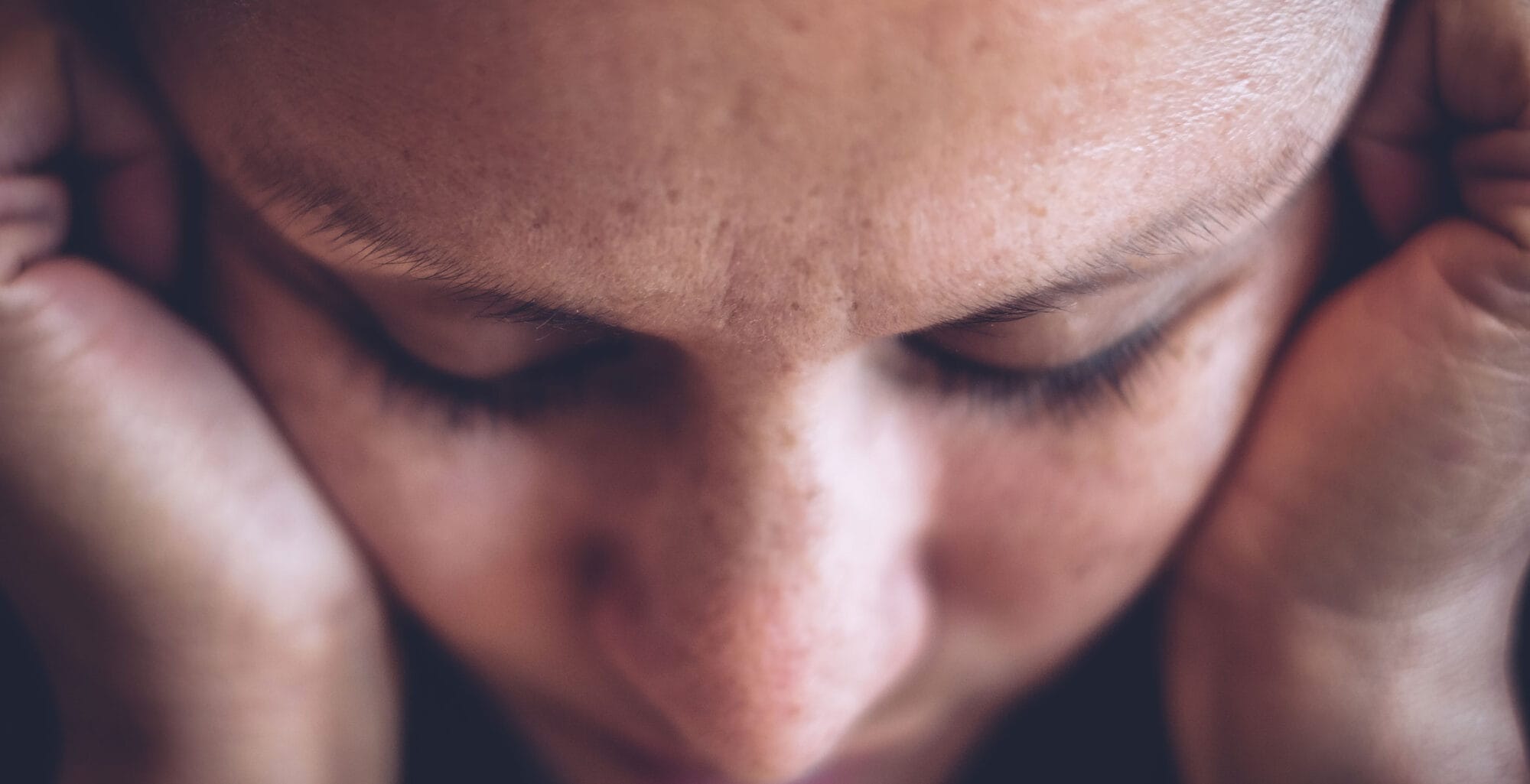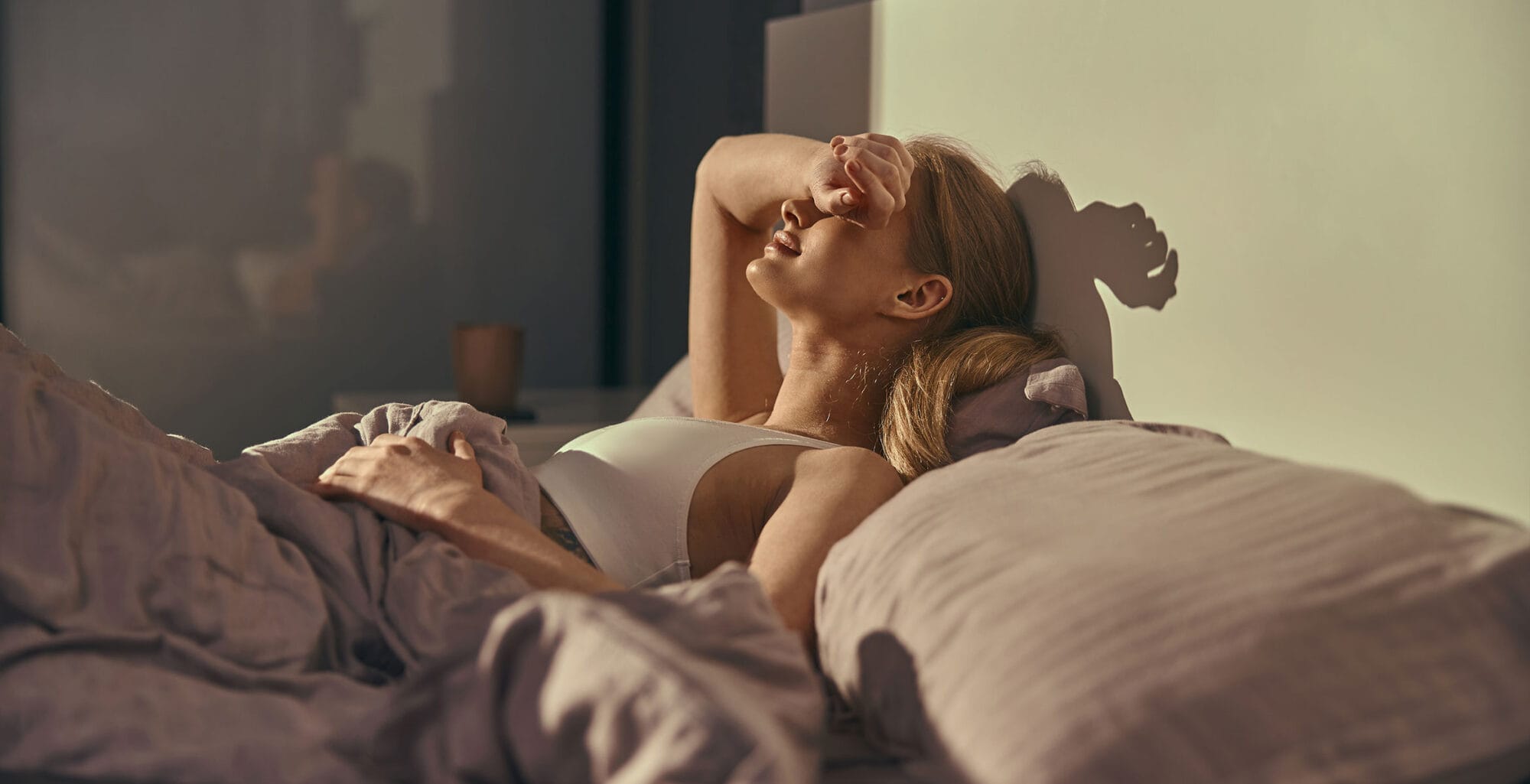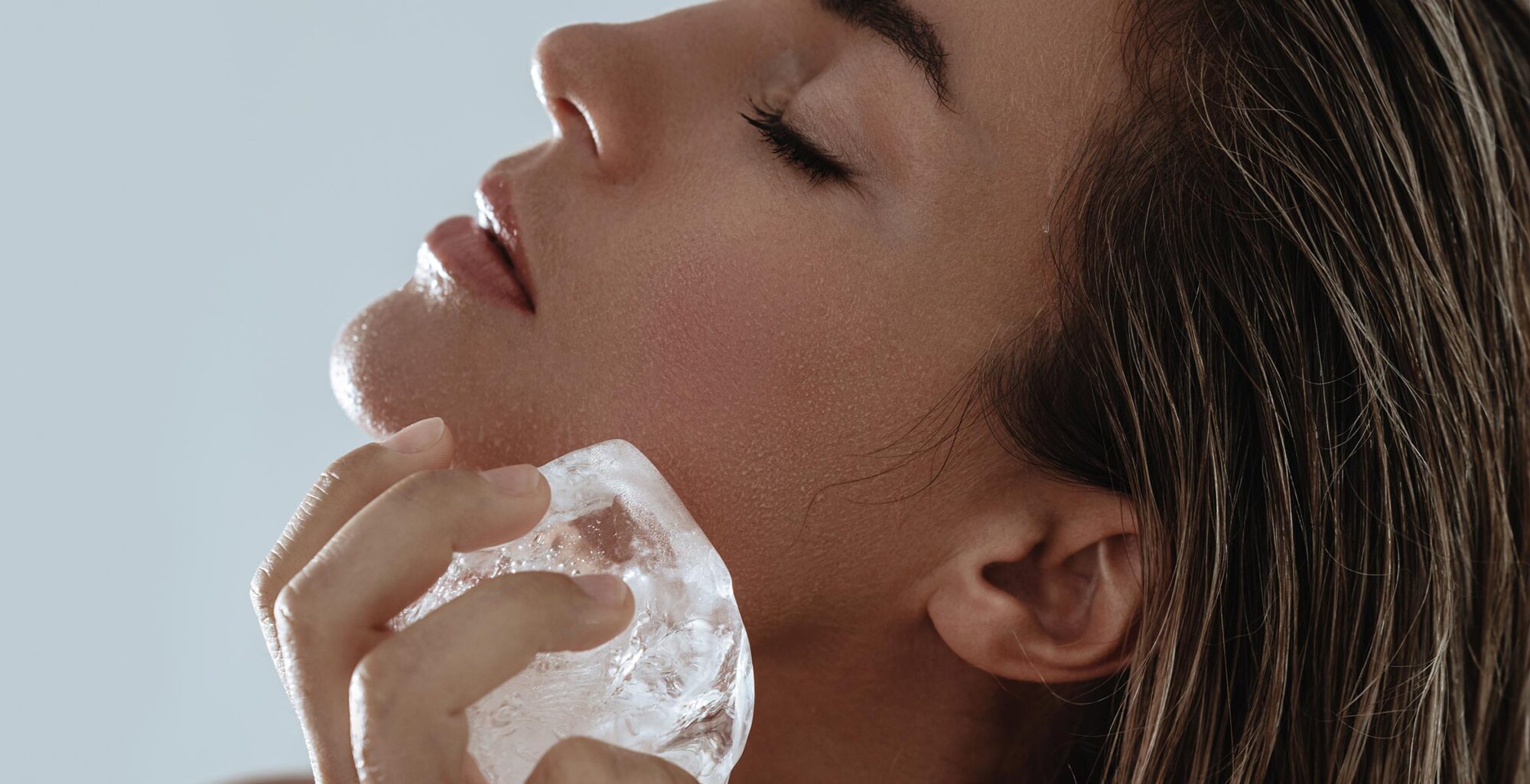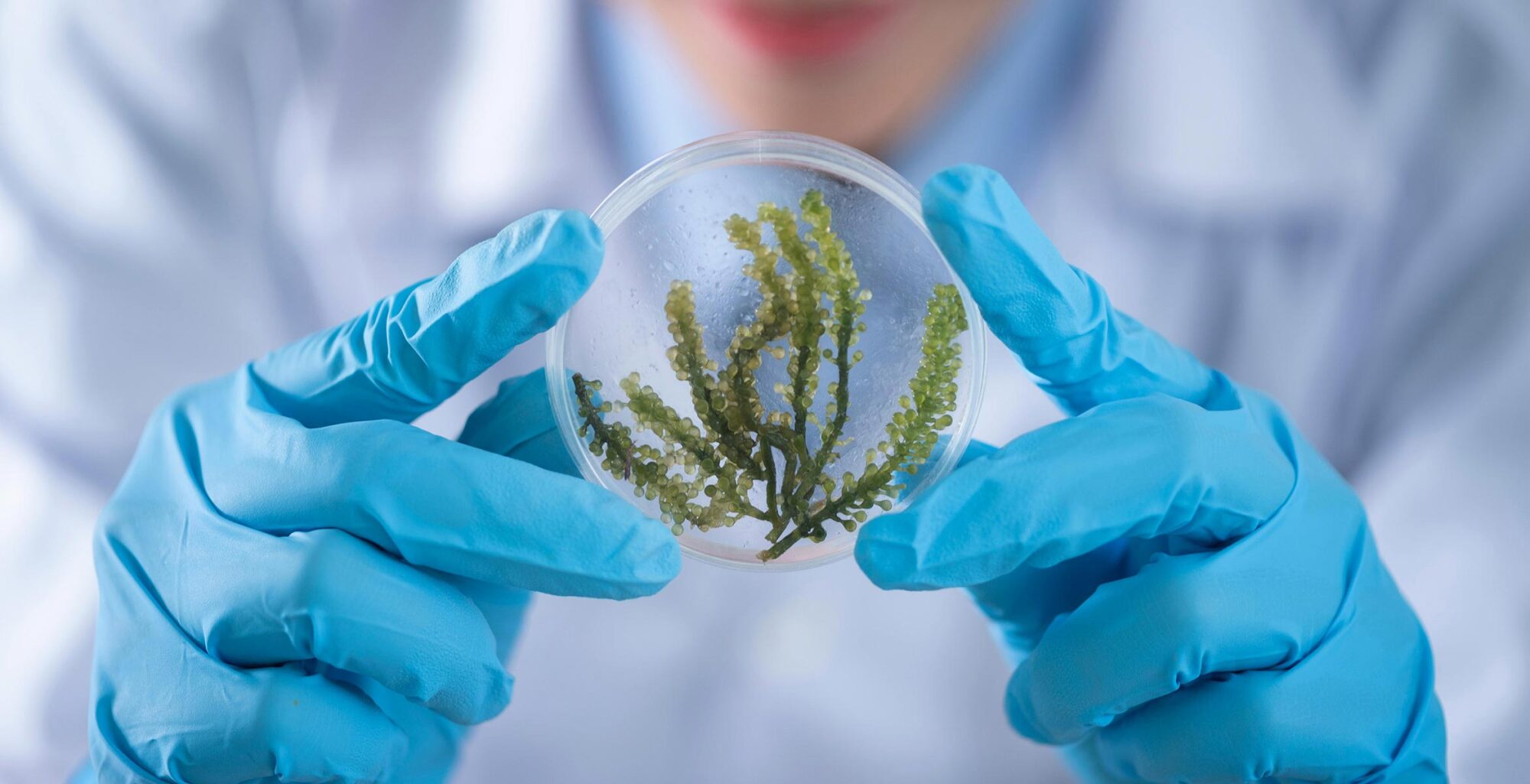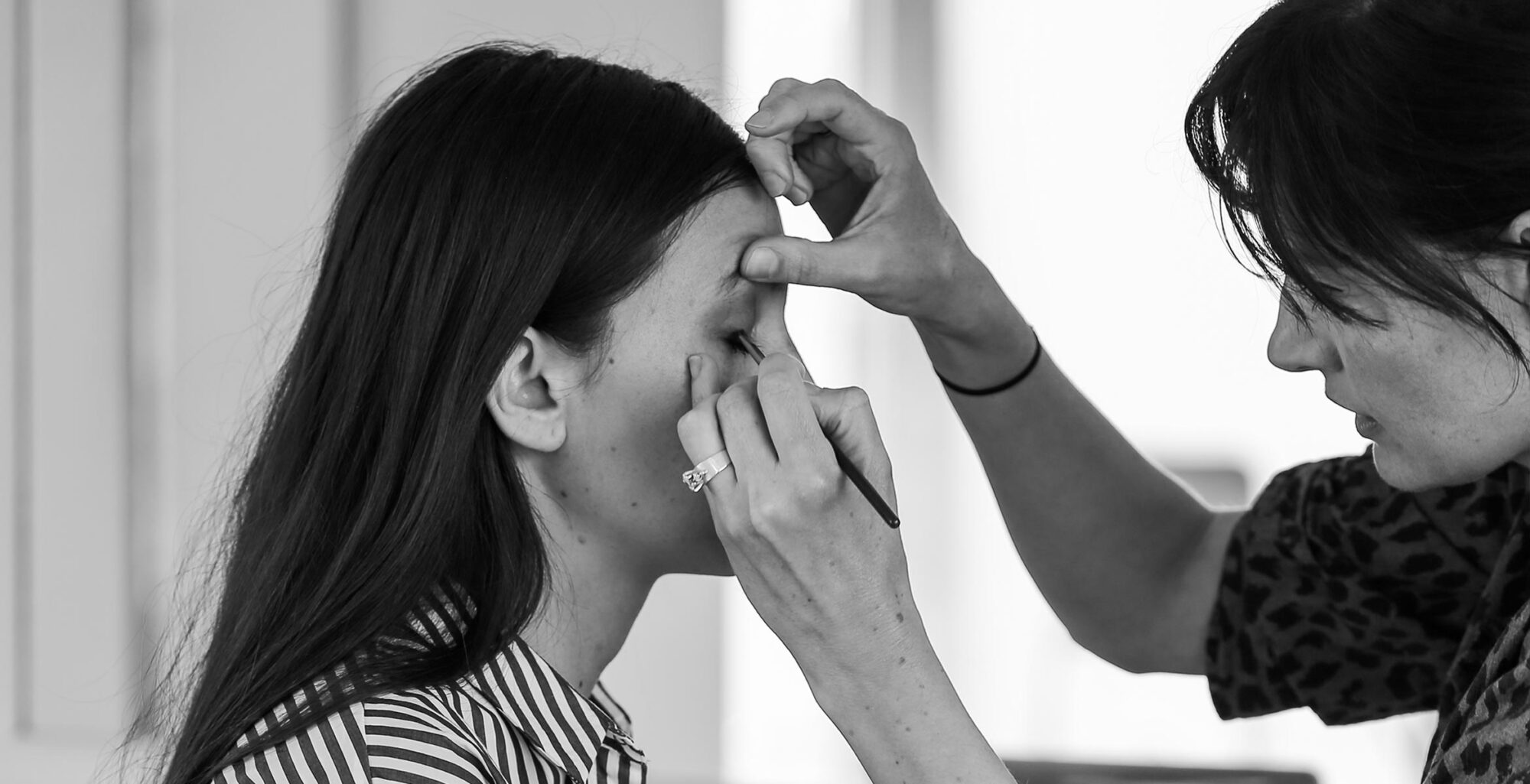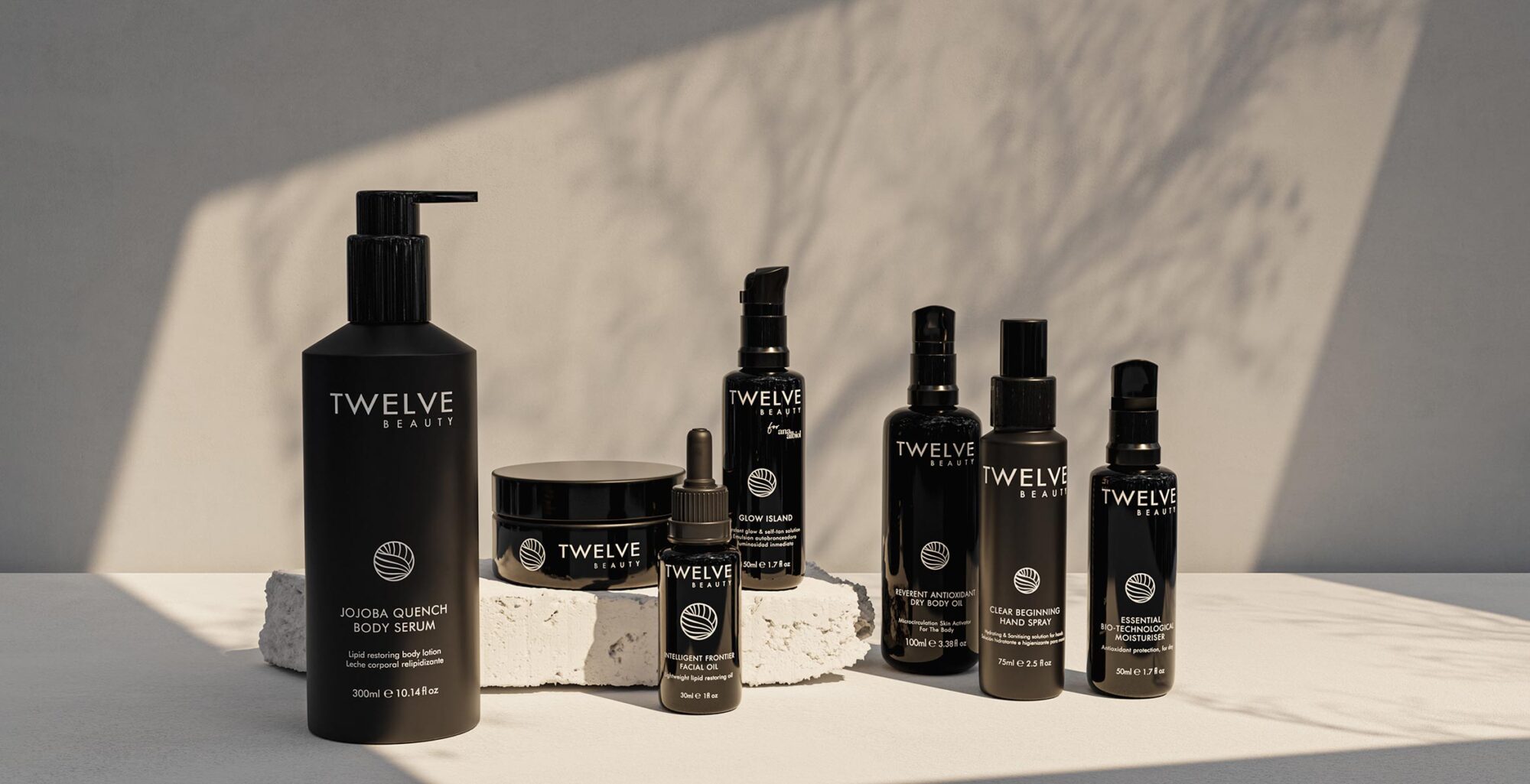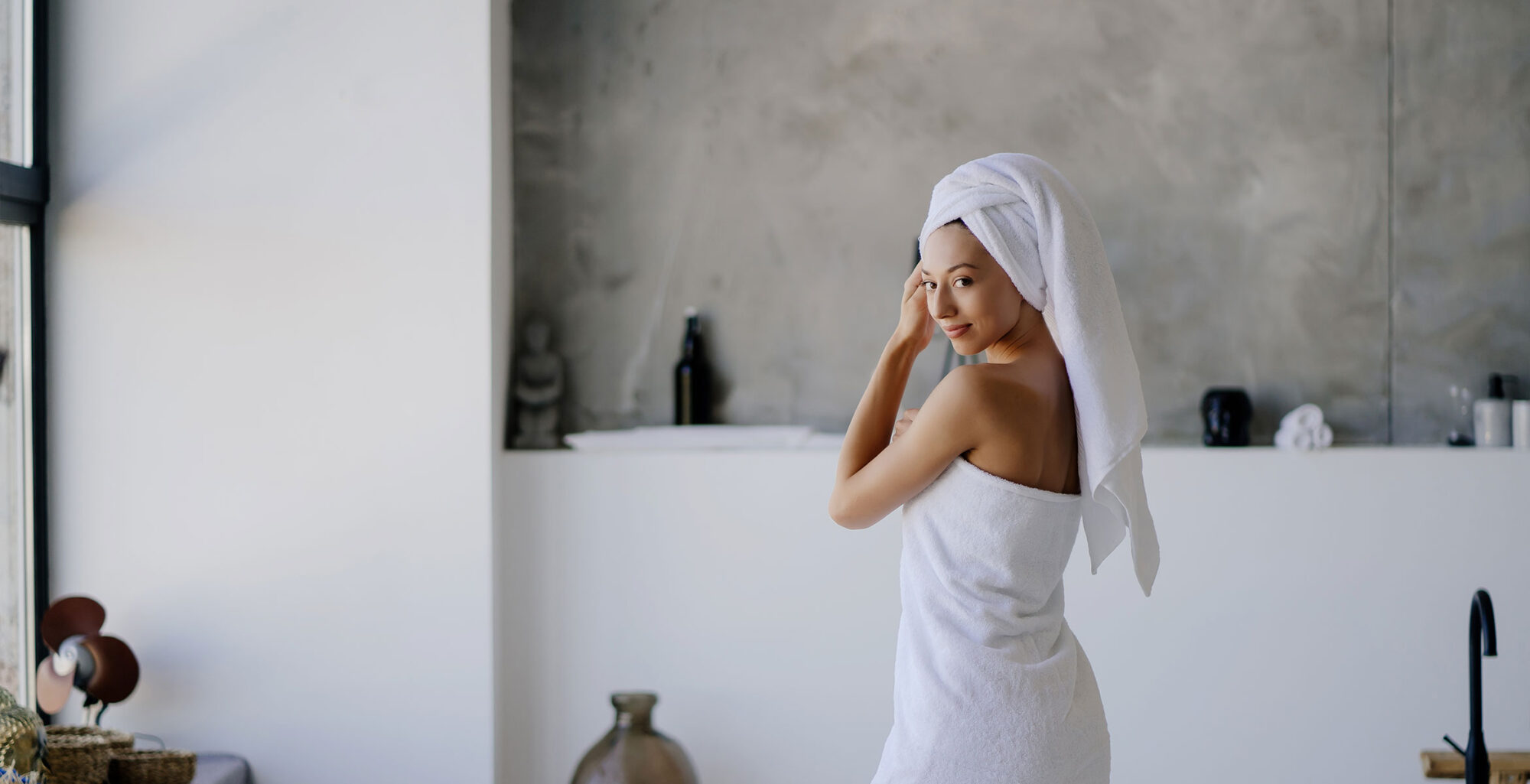Can’t Sleep, Can’t Glow: How Lack of Sleep Affects the Skin
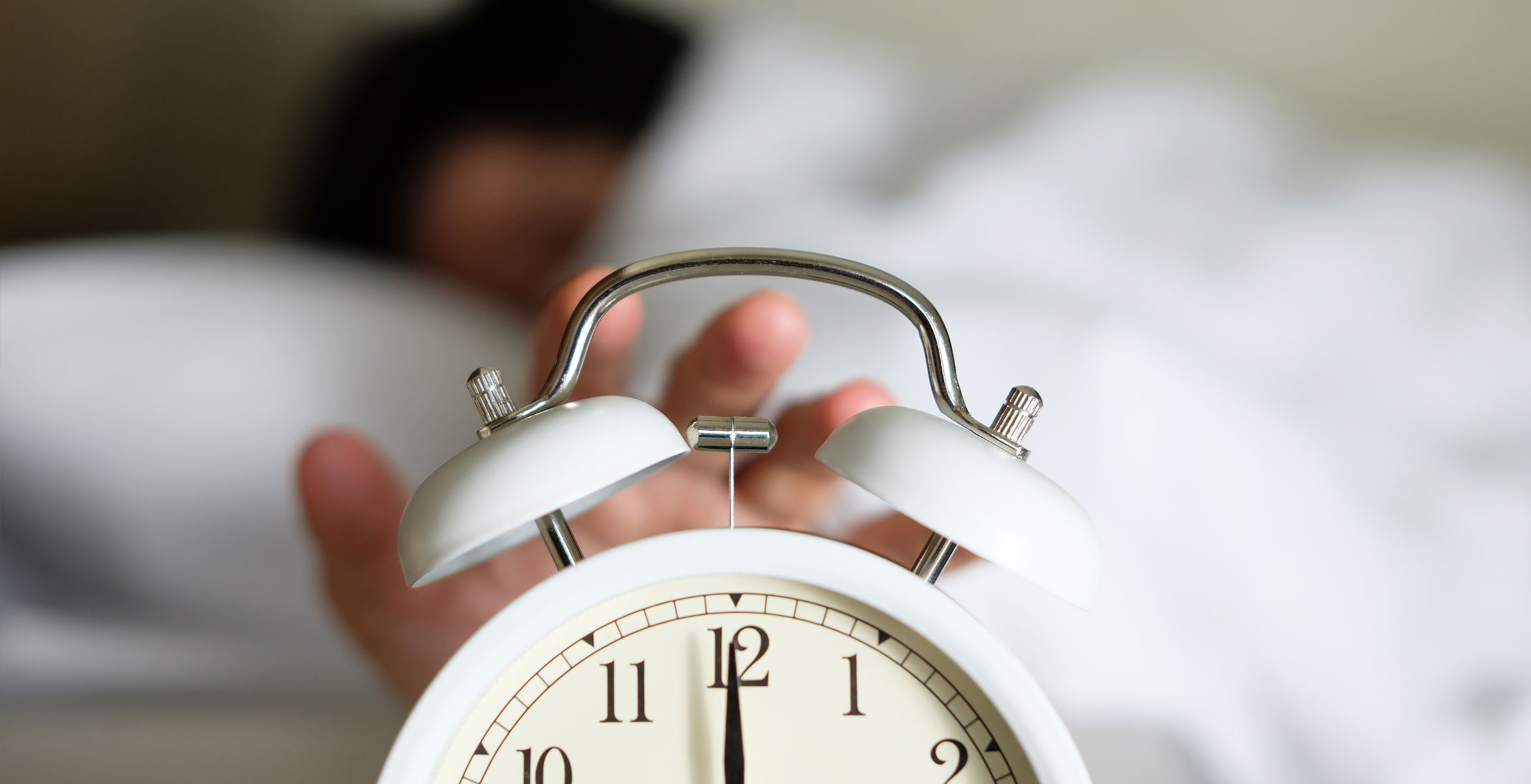
Have you ever heard the phrase “beauty sleep”? It turns out there’s a lot of truth to that old saying. Sleep affects the skin in profound ways, and good sleep is just as important for maintaining healthy, radiant skin as a solid skincare routine. Let’s explore the connection between sleep and skin health, delving into how a good night’s rest – or lack thereof – impacts your complexion.
Why is Sleep Important for Our Health?
Good sleep is fundamental for both physical and mental health. It supports cellular growth and rejuvenation by synthesising food compounds into proteins, allowing your body to repair itself. Furthermore, quality sleep recharges energy levels, stabilises mood, and enhances motivation. Disruption in sleep patterns can increase the risk of mental health challenges, including depression and anxiety, signalling a need to restore balance to the nervous system.
Think of sleep as a reset button for your entire body, including your skin. When you don’t get enough sleep (hello, daylight saving time), it can throw everything off balance.
How Sleep Deprivation Affects Your Skin
In-depth research has shown how the lack of sleep affects the skin, leading to various visible signs. One 2014 study found that chronic poor sleep leads to:
- Increased signs of intrinsic ageing: This includes wrinkles and a loss of skin elasticity.
- Diminished skin barrier function: The skin’s natural defence system weakens, making it more vulnerable to external stressors.
- Lower satisfaction with appearance: Let’s face it, who feels confident with tired-looking skin?
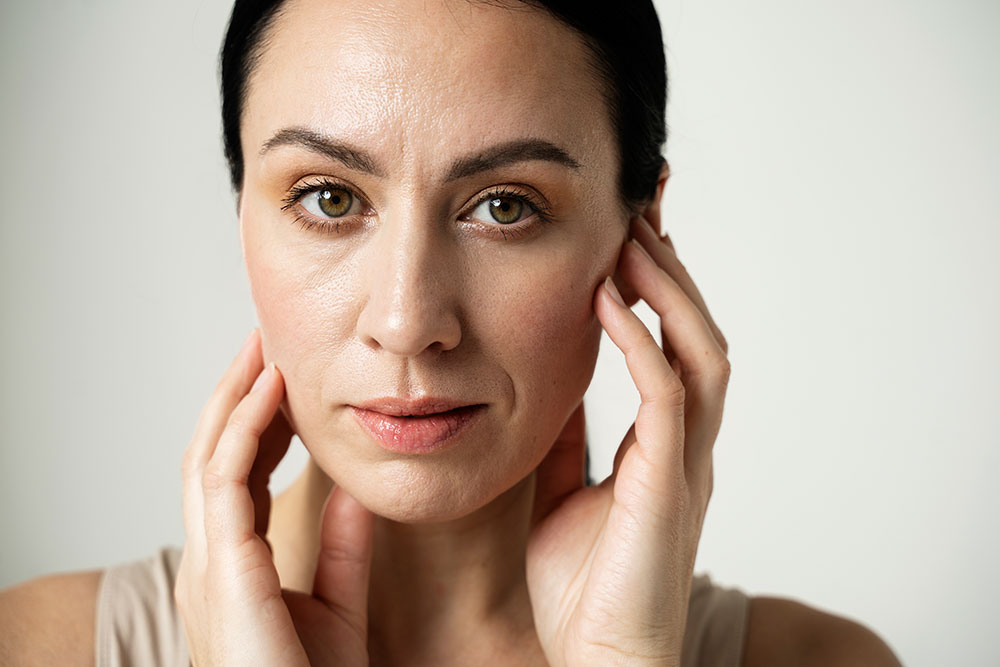
Here’s a closer look at some specific ways sleep deprivation can manifest on your skin:
- Appearance of tiredness: Insufficient sleep leaves your skin looking dull, deflated, and with more prominent fine lines. This is partly due to how sleep affects the skin through its impact on collagen production, essential for maintaining a youthful appearance.
- Sensitive skin: This is yet another example of how sleep affects the skin, as the lack of sleep reduces crucial moisture-retaining substances, leading to increased irritation and tightness.
- Dehydration: When you don’t get enough sleep, your body produces less hyaluronic acid, a key molecule for moisture retention. This can lead to dehydrated skin and premature wrinkles.
- Poor circulation: Lack of sleep can cause poor blood circulation, resulting in puffiness and tired, crepey skin.
Quality vs. Quantity of Sleep
Both quality and quantity of sleep are vital factors in determining how sleep affects the skin. Sleep quality is defined by satisfaction with the sleep experience, including the ability to fall asleep, stay asleep for a satisfactory duration, and wake up feeling refreshed. Different individuals may prioritise various aspects of sleep quality, whether it be the ease of falling asleep or the ability to remain asleep through the night.
Causes of Disrupted Sleep
Several factors can contribute to disrupted sleep, including blood sugar imbalances, caffeine overuse, and mistimed alcohol consumption. Caffeine sensitivity varies from person to person, and it typically takes about eight hours for caffeine levels to reduce significantly. Understanding these causes can help individuals take proactive steps to enhance their sleep quality.
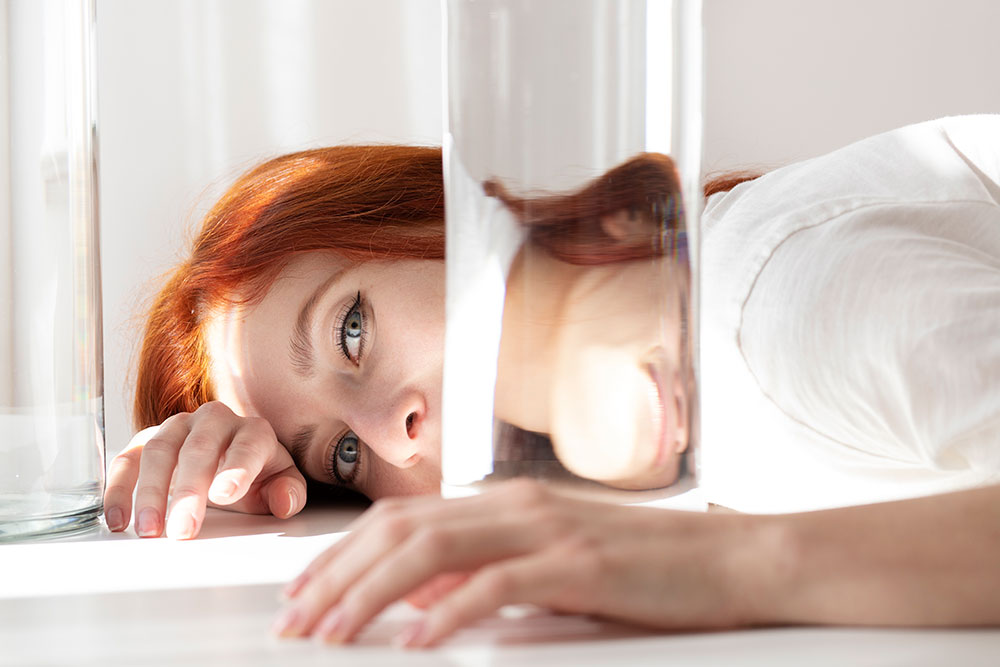
5 Signs Your Skin Needs More Sleep
There are some telltale signs that your skin is suffering from a lack of quality sleep:
- Increased Inflammation: Lack of sleep raises cortisol levels, which can lead to inflammation. This inflammation can trigger breakouts and worsen conditions like eczema and psoriasis. Additionally, it accelerates the breakdown of collagen and hyaluronic acid, essential for skin elasticity and hydration.
- Accelerated Ageing: Sleep is vital for collagen production, the protein that keeps skin firm and youthful. When you don’t get enough sleep, collagen production slows down, leading to fine lines, wrinkles, and sagging skin. Poor sleep also weakens the skin’s ability to repair itself from UV damage and environmental aggressors.
- Dull Skin: Sleep plays a crucial role in regulating skin moisture levels. When you’re sleep-deprived, your skin’s barrier function weakens, leading to increased water loss and a dry, dull complexion.
- Impaired Skin Barrier: The skin’s barrier is like a shield, protecting it from environmental aggressors and moisture loss. This barrier strengthens during sleep. Poor sleep compromises the barrier, making your skin more susceptible to pollutants, UV damage, and other irritants. This can lead to redness, sensitivity, and uneven skin tone.
- Dark Circles and Puffiness: When you’re sleep-deprived, poor blood circulation and fluid retention can cause dark circles and puffiness around the eyes. Blood pooling under the eyes creates a shadowed appearance, while fluid retention leads to puffiness.
Being aware of these signs can help you understand how sleep affects the skin and its overall health.
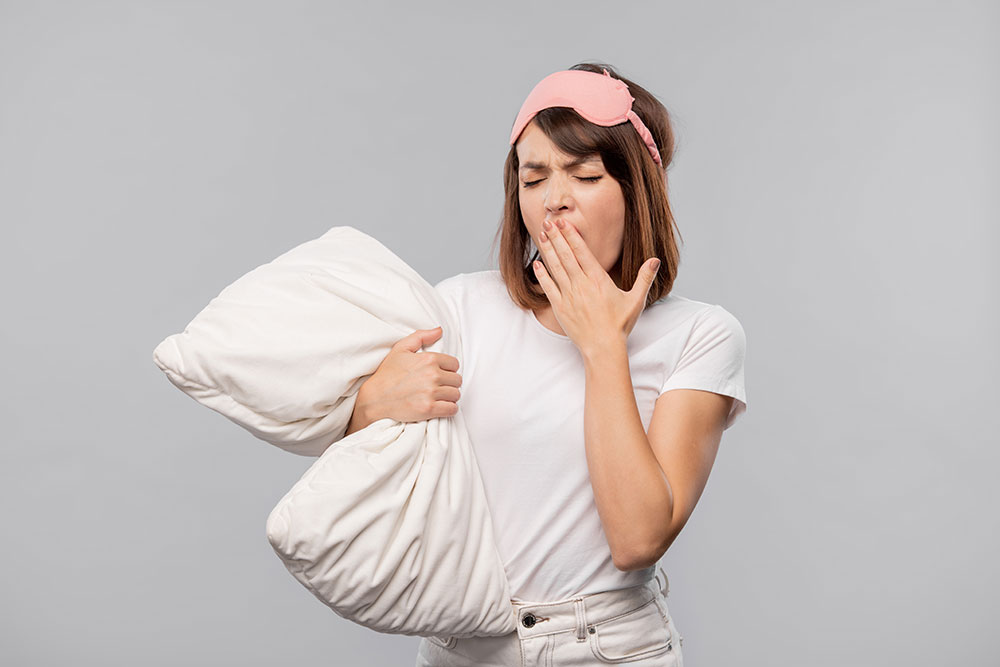
Tips for Getting a Better Night’s Sleep
Improving your sleep can have a remarkable effect on your (skin) health. Here are five tips to help you achieve better sleep:
- Create a Routine and Stick to It: Going to bed and waking up at the same time every day helps regulate your body’s internal clock.
- Relax Before Bed: Develop a relaxing bedtime routine to signal to your body that it’s time to wind down. This could include taking a warm shower, reading a book, or practising meditation.
- Eat Enough Protein with Every Meal: Protein helps stabilize blood sugar levels, reducing the risk of early waking. It also provides amino acids that are essential for melatonin production, a hormone that regulates sleep.
- Move Your Body: Regular exercise can improve sleep quality, but it’s best to avoid intense workouts close to bedtime. Aim for 20-30 minutes of aerobic exercise or take a brisk walk most days of the week.
- Reduce Blue Light Exposure 2 or 3 hours Before Bed: Blue light emitted from electronic devices can interfere with sleep. Try to limit screen time before bed and consider using blue light-blocking glasses. Other options are using night mode on your electronic devices or installing an app that filters the blue/green wavelength at night.
How to Revive Tired-Looking Skin
If you’re already dealing with tired-looking skin, revitalizing your complexion requires understanding how sleep affects the skin and implementing targeted skincare solutions. Here are our top tips to help banish tired skin:
- Boost Collagen Production and Skin Hydration Levels: Look for products containing collagen-boosting amino acids and gentle retinol alternatives, such as Bidens pilosa extract (found in Plant Perfection Gel Serum), to plump and smooth the skin. Incorporate Hyaluronic Acid-rich formulas to rehydrate and lock in moisture, such as Ideal Moisture Level Serum.
- Strengthen your Skin Barrier Function: Using Ceramide-fuelled formulations can help restore and strengthen the skin barrier, promoting calmness. Consider incorporating Intelligent Frontier Facial Oil into your routine for added support.
- Address Stress-Related Skin Concerns: Chronic stress can exacerbate skin conditions like eczema and rosacea. Prioritising gentle cleansing and protection to support the skin barrier is essential. Purifying Cleansing Beauty Cream can be a great addition to your skincare routine.
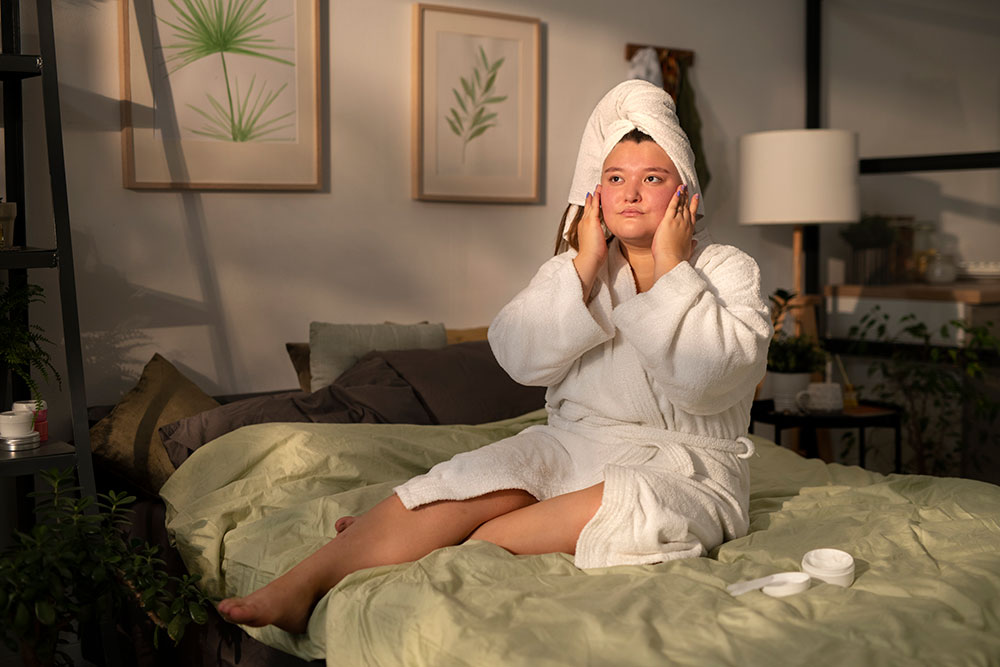
Don’t Be Afraid to Ask for Help
If you’re constantly struggling to sleep three or more nights a week, it’s important to consult a healthcare practitioner. Chronic insomnia is a serious medical condition that requires professional guidance. Remember, a good night’s sleep is essential for both your overall health and the appearance of your skin. By recognising how sleep affects the skin, implementing strategies for better sleep, and choosing the right skincare products, you can combat the negative effects of insufficient rest and achieve a healthy complexion.
